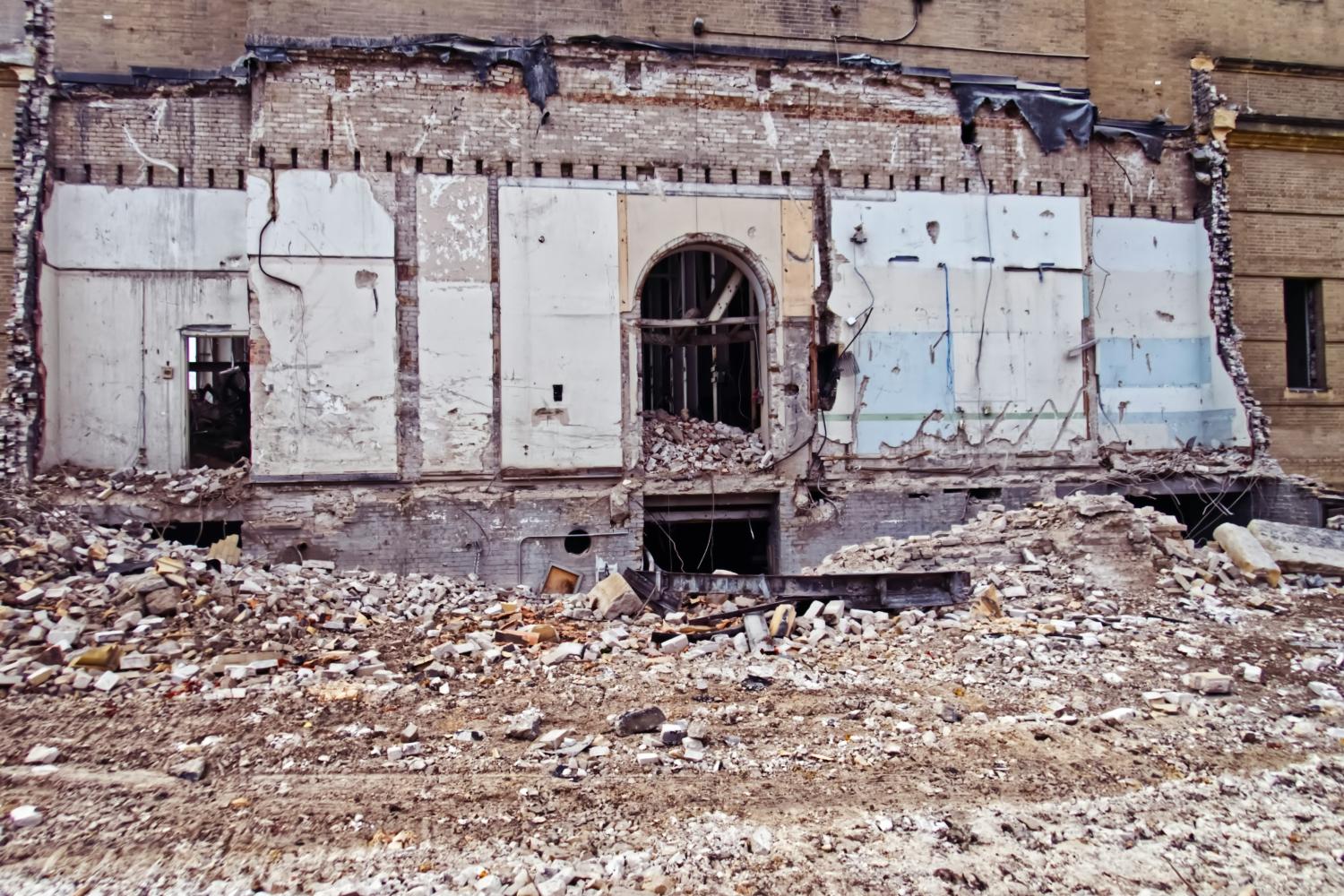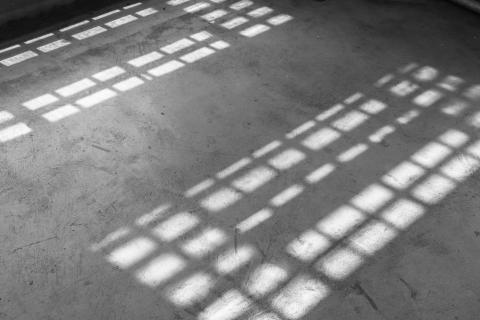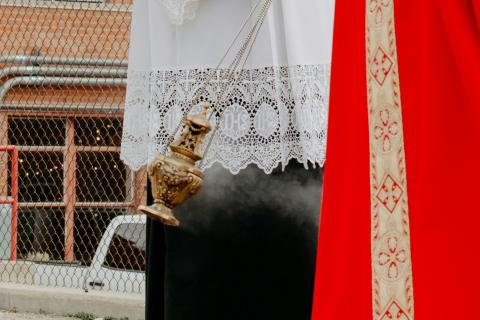
In the midst of all the international conflict going on right now, a recent First Things article asked this question: “Is Just War Theory Still Relevant?”
It’s a big, hugely complicated issue, but one well worth raising, given the volatile state of international politics. A number of questions come into play: which nations are in the right in the midst of present international conflicts? Are any? What serves as valid justification for one country using violence against another? How does one distinguish between a nation aiming to protect its own interests in its use of force, and it genuinely pursuing justice for the sake of the common good? Can one even meaningfully make that distinction in our age?
Folks fall on myriad sides of the issue – some are still open to the idea of just war, and others fall closer to something like pacifism. But here’s one factor to keep in mind, when it comes to musings like this article’s: just war theory has to begin with the understanding that we are fallen creatures, and the world will always be a place of a good amount of injustice. Dreams of utopia tend to wait in the wings of issues like this. One can become an idealist, supposing that a perfect, or near-perfect, world is possible, if only the right nations do the right things at the right time. But that’s not true, and determining a just cause for war needs to come from a rightly tempered expectation: a realistic take on the world (and a Christian one) never posits as an achievable outcome a state of perfect justice.
Once that’s granted, there are of course a number of situations in which reasonable justice will only be achieved for the many by a certain amount of coercion of the few. When injustice becomes intolerable, and options for righting it are few, there is a need for ways to address it. By the same token, there also needs to be a means to prevent retributive justice from becoming an endless cycle of feuding conflict, a cycle that’s simply chasing that impossibly just world. Hence the need for only legitimated authority to take responsibility for coercive action in seeking to restore a kind of equilibrium of justice.
And just there tends to be another check on our idealism. For from a utopian perspective, “legitimate authority” is something of a misnomer. Any exercise of authority is somehow bad. People are always ready to dialogue, so the utopian story goes, and so any act of violence is inherently arbitrary and unnecessary – a blot on our up and coming, fair and good world. Those who wield political or social force, then, tend to be discarded wholesale: not just bad cops need to go; we need to defund the police. Not just unjust conflicts need to go; all of them do. The non-arrival of a peaceful, perfectly equitable utopia is their fault, after all, rather than the fault of the sorry state of the fallen human soul.
But our fallen human souls are in a sorry state. Hence the need through the centuries for “just war theory”; hence the need for good and fair authorities to aid our communities; and hence the need for a clear-eyed view of who we are and where we’ve come from. The questions about just war theory that emerge from here remain difficult, of course: what really does constitute legitimated authority, for instance, and what, given our increasingly sophisticated and impersonal weaponry, represents a proportionate response to injustice? Those knee deep in weighing up these issues are more equipped to offer perspectives on questions like those. And yet they point, still, to our need to have a frank view of what the person is, and what our human communities are capable of – what the limitations of our fallen humanity are, and why we need, always, to look beyond this earthly veil for our hope of utopia.
In the Midwest and the South, priestly vocations are booming, with rural dioceses leading the pack. Georgetown's Center for Applied Research in the Apostolate (CARA) offers insights into patterns and trends shared amongst dioceses that are outperforming (and underperforming) national averages.
Another study published by CARA reveals an overwhelming common thread through the lives of those discerning religious vocation: active devotion to Our Lady.


